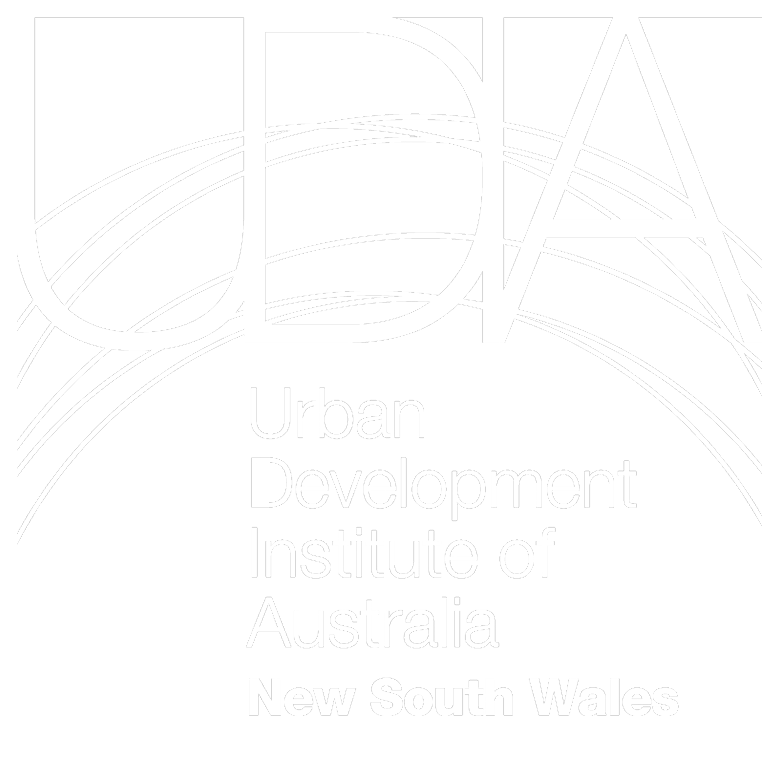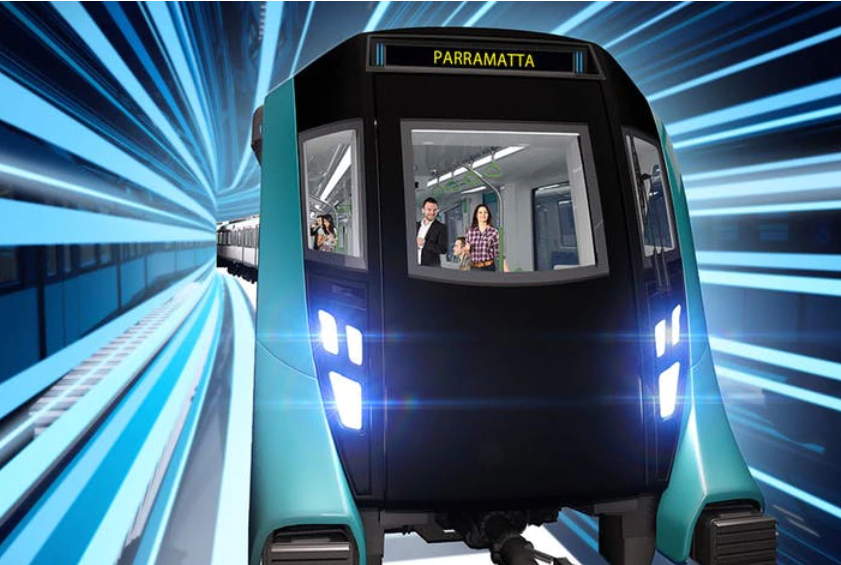UDIA NSW has welcomed the Legislative Assembly’s Committee on Transport and Infrastructures final report into the Metro West Project, which adopts several of our recommendations including the addition of extra stations and creating a single management authority for the project.
“The Committee has confirmed that with some key changes, the project can provide a once-in-a-generation opportunity to transform Sydney and support the delivery of much needed and well-planned new homes close to public transport.” said Gavin Melvin, Acting CEO, UDIA NSW.
The Committee’s 6 recommendations have endorsed the long-held views of the development industry regarding the project. The Committees investigations into how the project can be improved to achieve better outcomes for surrounding communities and much need additional housing through increased densities around transport infrastructure, should be applauded.
UDIA strongly endorses the Committee’s findings, that the “unusually long distance between stops from Parramatta to Sydney Olympic Park, one of the longest metro rail stretches in the world without a stop, significantly undermines this objective and falls short of delivering the optimal value.”
“UDIA’s research, together with our work over many years with key landowners in the Camelia-Rosehill precinct, shows that adding more railway stations to Metro West was always possible without major cost impacts and would both attract more people to the area and improve their lives.”
The Committee has also adopted UDIA’s recommendation to develop a business case to support housing uplift along the Metro West rail route. During the public hearing, the Committee heard evidence that only three of the nine planned stations had a master plan for future development. UDIA recommended that master plans be completed for all planned stations, as well as any additional stations, to support economic and housing uplift.
“If we are serious about creating accessible cities, a master plan for each station should have been considered a prerequisite for constructing a new metro rail system. This is the only way to ensure cohesive urban development, optimal integration with existing infrastructure, and alignment with long term city planning goals.”
“There’s not enough thought about the city. To be a true city-shaping project you’ve got to know the city that you’re building—and we don’t for most of our rail projects. Business cases are largely driven by travel time, not the social and economic benefits that come from creating connected cities around our transport nodes.”
Recommendation 6 in the final report highlights stakeholders’ support for a single authority or department managing all aspects of planning and delivery for the project. This was something that UDIA recommended that the NSW Government to consider establishing throughout our ongoing support and advocacy for the project.
UDIA again commends the Committee on its broader city shaping focus, recognizing the wider benefits delivered through a comprehensive approach to strategic land use and infrastructure planning. The NSW Government should adopt the Committee’s recommendation to add an additional station between Five Dock and Bays West and more stations between Parramatta and Sydney Olympic Park.
–ends–
Additional Key Facts:
UDIA commissioned Professor David Levinson to produce the ‘Governing for Access’ Report, the general theme of which is that rather than the historic approach of only focus on time savings, we should be planning our Transport around accessibility (to other people, places, jobs etc).
The Fundamental model of access: infrastructure (speed) creates access which creates development (which creates more access) which generates money which allows more investment in infrastructure.
The report states that while compared to some peer cities, Sydney has done a reasonable job coordinating transport services and land development, it can do much better.
This would lead to Sydney becoming a more desirable and convenient city with the following positive outcomes:
– shorter commutes lengths
– greater public and active transport mode shares
– higher employment and incomes
– greater productivity.
A link to the Committees final report can be found here
Media Enquiries: Director, Media & Communications UDIA NSW and National:
Deanna Lane 0416 295 898 or dlane@udiansw.com.au

